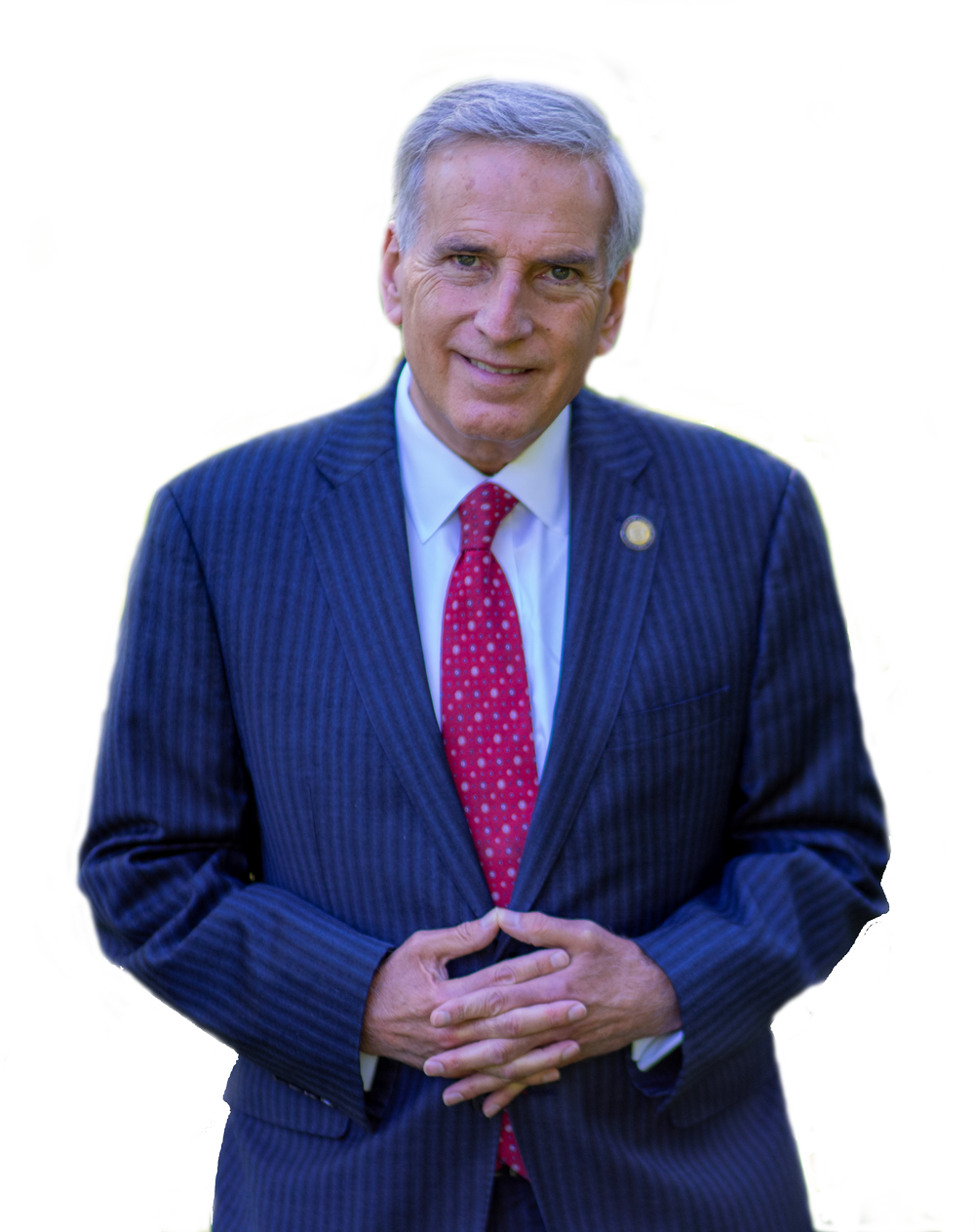Assemblyman David Weprin Statement on the 2017 - 2018 New York State Budget
Budget headlined by excelsior scholarship, raise the age, raises for direct care workers
Albany, New York – Following passage of the 2017 - 2018 State budget, Assemblyman David Weprin issued the following statement:
“New York made some large strides by providing scholarships for students from middle-income families, raising the age of criminal responsibility and for both public and private schools, reassign the age of criminal responsibility providing scholarships for students who are attending extend to paid family leave to all New Yorkers, set an hourly minimum wage of $15, and significant investments in education; the 2016-2017 state budget puts the needs of New York’s families first with solutions that truly support the middle class. When it comes to providing opportunity, New York remains a national leader – in 2018, New York City residents will earn the highest minimum wage in the nation and by 2021, New York’s families will enjoy the country’s most extensive paid family leave plan.”
“The budget also guarantees that a quality education is accessible to ALL students, regardless of income or disability. With $1.47 billion in new education aid, critical support for CUNY schools, and funding for specific programs for students with disabilities; this budget provides EVERY student with the opportunity to succeed."
Highlights of the Assembly budget proposal include:
- Paid Family Leave; with 8 weeks of paid leave offered at 50 percent of weekly income in 2018, 10 weeks in 2019, and 12 weeks at the full two-thirds of weekly pay in 2021.
- An increase of the hourly minimum wage in New York City to $15 by 2018, followed by a potential statewide increase by 2021.
- Investments in CUNY
- A preservation of $485 million in state funding for CUNY operating costs.
- A $12 million increase in CUNY funding and one year tuition freeze across all CUNY schools.
- $1.47 billion in new education aid including;
- $2 million in assistance for middle school students preparing for the Specialized High School Admission Test.
- $1 million for Career and Technical Education (CTE) programs, to be focused on English language learners and students with disabilities.
- A $2.3 million increase in funding for 4201 schools for the blind and deaf.
